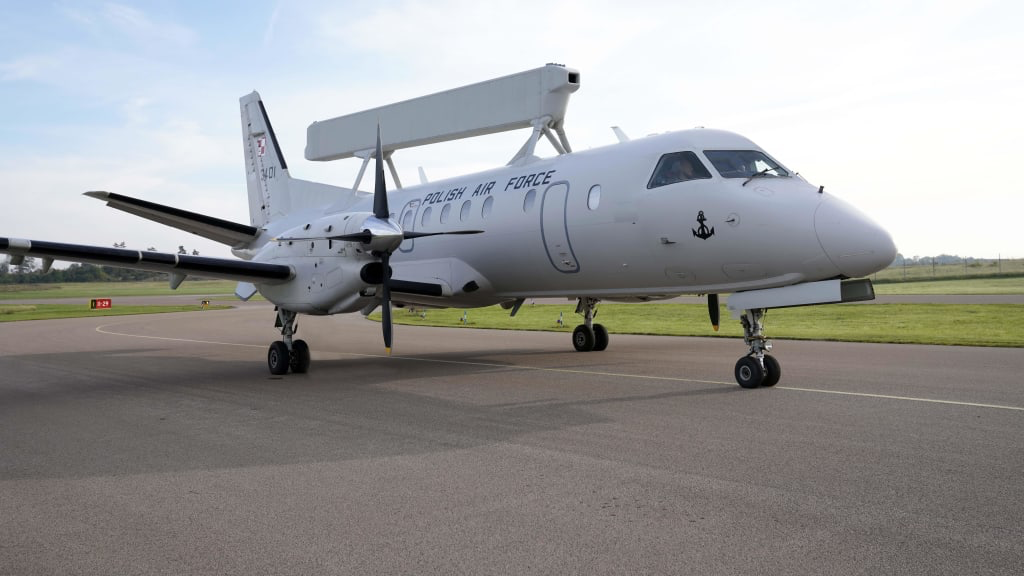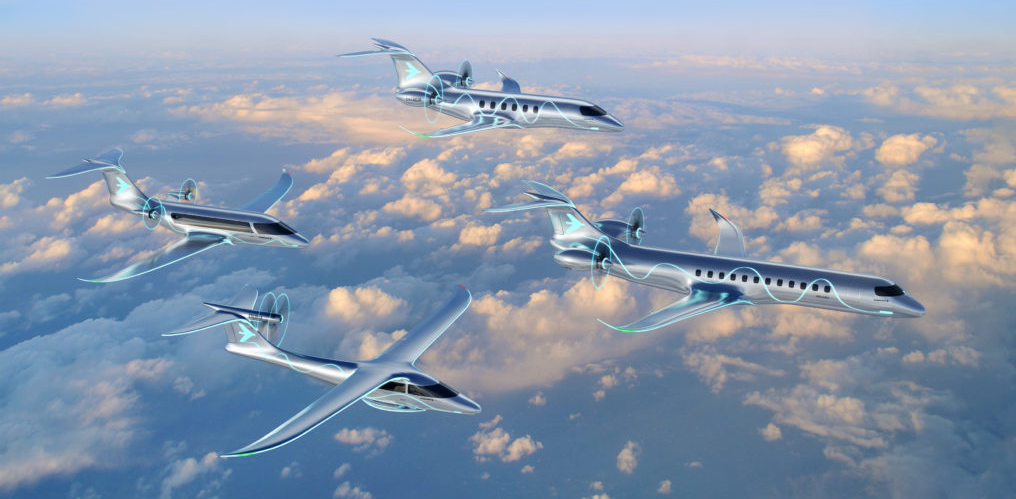Saab unveils first airborne surveillance system for Poland
Saab AB (Stockholm: SAABb) has presented the first Saab 340 Airborne Early Warning (AEW) aircraft to the customer during a ceremony in Linköping. The event took place in Linköping on 29 September, just two months…

